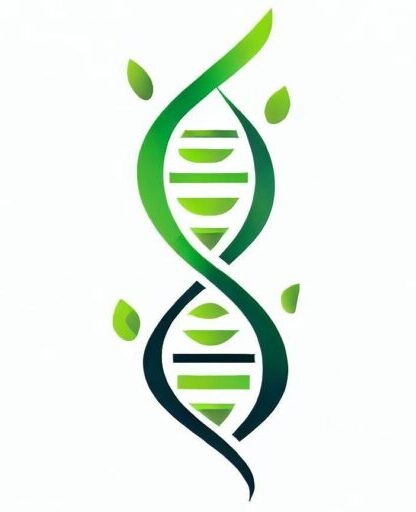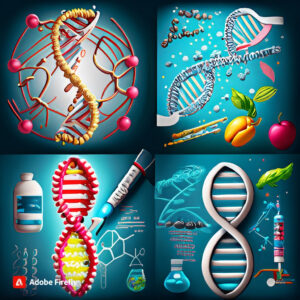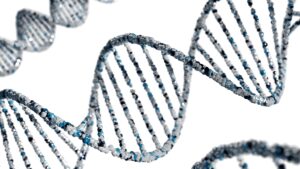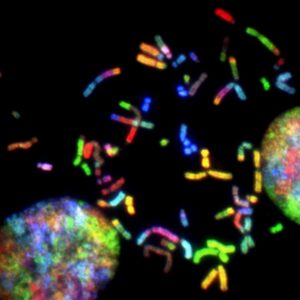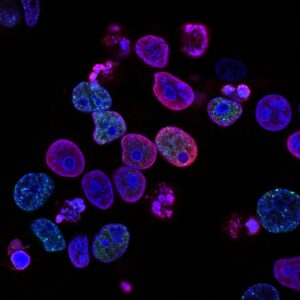The role of genetic techniques in shaping human biology and society is immense, covering a spectrum from healthcare and medicine to anthropology and sociology. Understanding this involves peering into various scientific and social dimensions, encompassing both what is achievable today and what might be possible in the future.
Historical Context
To begin, it’s crucial to acknowledge that humans have been indirectly manipulating genes for thousands of years through selective breeding of plants and animals. However, with the discovery of DNA and advancements in genetic engineering techniques, the possibilities have increased exponentially.
Medical Applications
Diagnosis
Genetic techniques play a pivotal role in diagnosing a range of conditions. Through DNA sequencing and genotyping, rare genetic disorders can be identified even before symptoms manifest. Prenatal genetic tests are available to predict the likelihood of certain conditions, like Down syndrome.
Treatment
Gene therapy aims to treat diseases by modifying genes. For example, CRISPR technology can potentially correct mutations that cause genetic disorders. Personalized medicine uses individual genetic profiles to tailor treatments, thereby increasing efficacy and reducing side-effects.
Prevention
Vaccines developed through genetic techniques, like the mRNA COVID-19 vaccines, offer rapid and targeted responses to emerging health threats. Furthermore, through genome-wide association studies (GWAS), researchers can identify genetic risk factors for diseases, enabling preventative interventions.
Ethical Implications
Medical genetic interventions raise ethical questions around privacy, consent, and the potential for ‘designer babies.’ Balancing the potential benefits against ethical considerations is an ongoing challenge.
Anthropological and Sociological Changes
Ancestry and Identity
Genetic techniques have also had an impact on our understanding of human history. DNA sequencing can trace human migrations, confirm or disprove family relationships, and even identify the remains of historical figures.
Forensic Applications
DNA fingerprinting has revolutionized criminal investigations, enabling precise identification of individuals involved in criminal activities. This has sociological implications, as the certainty or fallibility of legal systems can significantly impact societal trust.
Evolutionary Impact
Human-directed genetic changes can have long-term evolutionary consequences. For instance, if gene editing becomes common, it could result in bifurcation in human evolution—those with access to genetic modification and those without.
Economic Impact
Biotechnology firms are capitalizing on genetic research, spawning an industry worth billions. Jobs, educational programs, and entire economic sectors are now built around genetics, ranging from genetic counseling to bioinformatics.
Future Prospects
Emerging technologies like gene drives aim to modify genes in entire populations of organisms, with potential applications in eliminating diseases like malaria. However, these techniques could also be misused, making international regulations crucial.
In Summary
Genetic techniques are not just a suite of technologies but a transformative force. They’ve already had a significant impact in medicine, law, and social sciences, with promise and peril for the future. Ethics and governance will play a crucial role in shaping the trajectory of how these techniques will further alter the human race.
As we proceed into an era where genetic techniques become increasingly integrated into our lives, the need for thoughtful, ethical, and scientifically rigorous approaches becomes paramount. In doing so, we can harness the enormous potential of genetic technologies to alleviate suffering, enhance human capabilities, and deepen our understanding of life itself, all while navigating the complex ethical landscape that these capabilities present.
